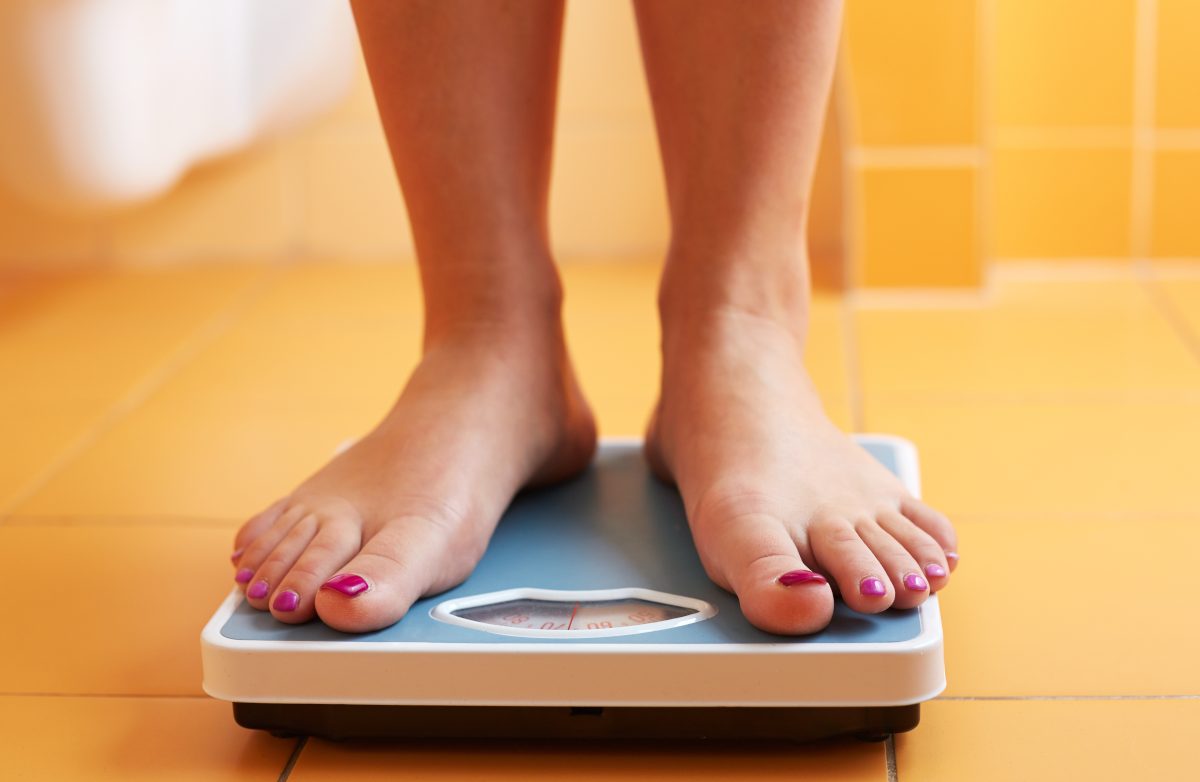You changed your habits and lost weight steadily, but after a while, that progress halted. You’ve been stuck at the same weight for days, weeks, or even months. Yep, you've hit the dreaded plateau.
A plateau occurs when, despite following the same plan, your progress comes to a standstill. This can be described as not making any “gains” (such as improving your fitness level or losing weight), but not necessarily moving backward (losing endurance or gaining weight).There’s nothing more frustrating than trying your best, feeling like you are doing everything right, yet not making any progress toward your goals.
Because every individual is unique, there’s no way to actually predict when a plateau might happen. Before you decide it’s time to throw in the towel, though, realize that weight loss takes work and isn’t always a straight line. There are specific things you can do to jumpstart your body, mind, and metabolism, and asking yourself the following questions is a perfect place to start.
1. Are you accurately tracking your food intake daily, yet not reaching the minimum number of recommended calories? It’s common to think that cutting more calories will result in faster weight loss, but that’s not actually the case. Increase your calories to fit into your PeopleOne Health recommended range, and you’ll notice a difference.
2. Are you eating well? Your body can only do so much with the tools that it is given, so give it the fuel it needs to thrive! Rather than eating the same thing day in and day out, aim for a wide variety of foods from every basic food group and limit processed foods as much as possible. Healthy foods, especially when eaten every three to four hours, will help raise and stabilize your metabolism and energy to optimal levels.
3. Are you refueling with a balanced snack or meal within 30 minutes to two hours of a workout? Carbohydrates are actually more important than protein during this time, so try to eat an additional 30 to 60 grams soon after you workout ends, as this is when your body is primed to uptake glycogen into the cells to replace the energy you just used up during your workout. However, protein can also help maximize the muscle rebuilding and repair process. Athletes are encouraged to consume about 10 to 20 grams of protein within two to three hours after a weight-training session.
4. Are you hydrating properly? Don’t overlook your need for water. Hydration promotes muscle building by powering your metabolism, as well as stable energy levels. Be sure to drink up before, during and after your workout sessions.
5. Are you allowing one to two days of rest between strength-training workouts for the same muscle groups? During a strength-training session, tiny tears occur in your muscle fibers and, in order for those tiny tears to repair themselves and rebuild stronger than before, you must rest those muscles. If you don’t rest long enough for repair to occur, you will actually get weaker, which is the opposite of everyone’s goals and a common plateau-causing culprit.
6. Have you tried active recovery? Research shows that engaging in lower intensity exercise after a strenuous workout session may be more beneficial than resting completely. Rather than taking a day or two off from the gym, consider exercising at a lighter intensity level by going for an easy walk or trying a yoga session. In addition to helping your muscles rebound, active recovery can also enhance relaxation and psychological recovery.
7. Are you getting enough sleep? Did you know that a significant amount of muscle repair occurs during your beauty sleep? Inadequate amounts of shut-eye hinder your ability to recover from exercise, making plateaus more likely. While every individual’s needs for sleep are different, most experts recommend getting seven to nine hours per night.
8. Are you adding variety to your workouts? This is critical because your muscles become very efficient at the exercises with which they are accustomed. An individual who always does the same exercises will usually plateau sooner than someone who continually makes changes, so it’s important to change your routine every six to eight weeks. For cardio exercise, you could try a new workout or change the intensity of your current routine by adding hills or sprints. When strength training, try a different kind of equipment (like bands instead of dumbbells), incorporate new exercises, or increase the weight or number of repetitions.
The principles of nutrition, rest and variation all work closely together. When not followed properly, they can instigate a negative snowball effect: Repeating the same exercises can cause overtraining, which leads to plateaus and an inability to sleep. Lack of rest hinders your progress, making recovery take much longer, especially if you are not well-nourished and hydrated. By making a few changes in these areas, you can jumpstart your routine and start seeing positive results again.












